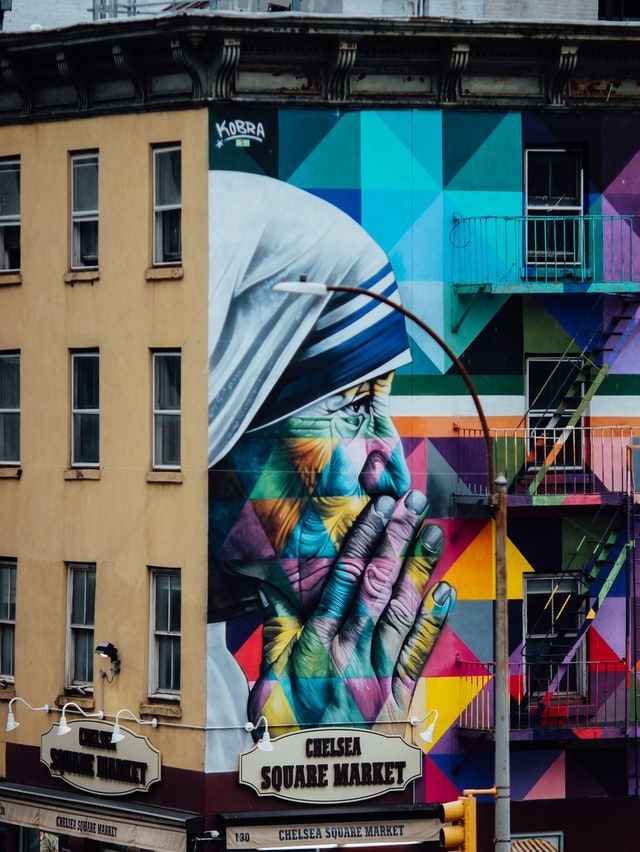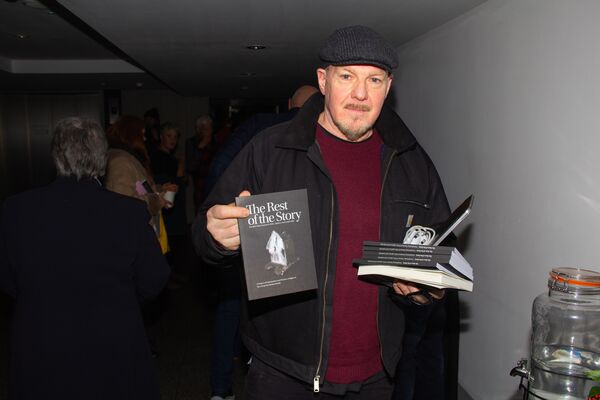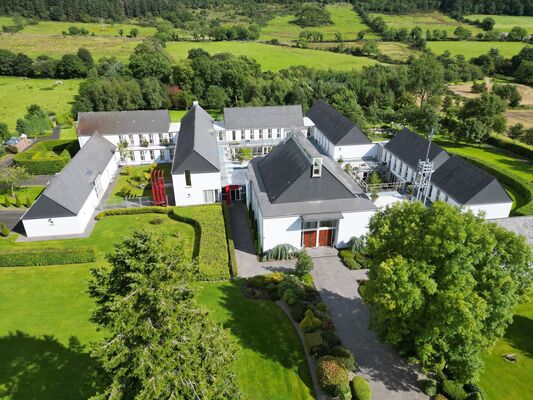Isn’t it amazing how a sobering thought can liberate our thinking? Especially whenever we find ourselves caught up in our thinking which can create a false belief system. As a six-year-old child I wouldn’t eat kidney beans because my good friend Mark, who was the ripe old age of seven, told me that kidney beans came from frogs.
My active imagination visualised a conveyor belt of little frogs having their kidneys removed by surgeons. I thought, how could my mother and father partake in supporting this hideous industry. I remember when I sat down for my dinner, I would see my parents as barbarians and I would lament for the frogs. Believe it or not, I didn’t eat kidney beans for a long time based on that belief.
In mindfulness practice it is said that the solution is on the cushion. I’ve found that to be true as we learn to sit with ourselves and with our many false beliefs. Through practice we are able to shift from living in our heads to being in our hearts.
All the great teachers tell us that this is an inside job and that if we don’t go within we go without.
I unfortunately believed my head which told me that to go within is dangerous.
Mindfulness practice allowed the frozen Frankee to thaw. Over the years, through trauma, I began to freeze. To freeze is to enter into paralysis; to be riddled with indecision — should I? Shouldn’t I? — which usually lead to doing nothing.
I love how mindfulness practice builds trust with myself and others. Especially during these unprecedented times that we are living in. Now more than ever, I’m wakening up to the realisation that we need to embrace humility. I love the words of the Rolling Stones' song '(I Can’t Get No) Satisfaction': "I’m driving in my car and a man comes on the radio and he says that I can’t be man if I don’t smoke."
That line says it all for me: that I need to be told what to do to be a man. Humility tells me that to be a person is to be kind,thoughtful and compassionate. To be brave to do the things that I don’t want to do; especially reaching out to others.
Reaching out is the unselfish act — supporting those we meet.
For me, back in my active addiction days, I was terrified to ask for help, let alone help someone else. Thank God for you good folks who don’t stop reaching out for you are the backbone of our society, the net that catches the likes of me on a downward spiral. You are the guiding light, the lighthouse that guides us to safety.
The wonderful Karen Armstrong, said: “Someone asked me once, 'What should a compassionate city be like to live in?' I said, 'A compassionate city should be an uncomfortable city. It should be profoundly not sitting complacently around a city saying, 'What a wonderful compassionate society we've got here,' but looking at the state of the world around."
Hello Seattle! Our staff had an incredible meeting with local clergy and our city leaders in Seattle to talk mission, vision and ways to engage the city to build a more resilient and compassionate community together.
— Multi-Faith Neighbors Network (@MultiFaithNN) November 30, 2021
We love Seattle and the impact these men & women will have. pic.twitter.com/xyWctduZBp
I remember the first time she came to Belfast and I had the privilege of collecting her from the George Best airport. She asked that I give her a tour of the city sights that no one wants to see. The homeless, poor housing, food banks and she told me that this is where the work was when it comes to compassion.
She gave an inspiring talk up at the beautiful Glasshouse at Stormont, highlighting and outlining a compassionate city. We all have our part to play in creating a compassionate Belfast. I believe that compassion as well as charity begins at home. With our families, friends, neighbours, community, city. We can do this together, taking baby steps and watching our Compassionate City grow.
I asked Karen, “What is compassion?” Here’s her definition: “Compassion is aptly summed up in the Golden Rule which asks us to look into our own hearts, discover what gives us pain, and then refuse, under any circumstance whatsoever, to inflict that pain on anybody else.”








